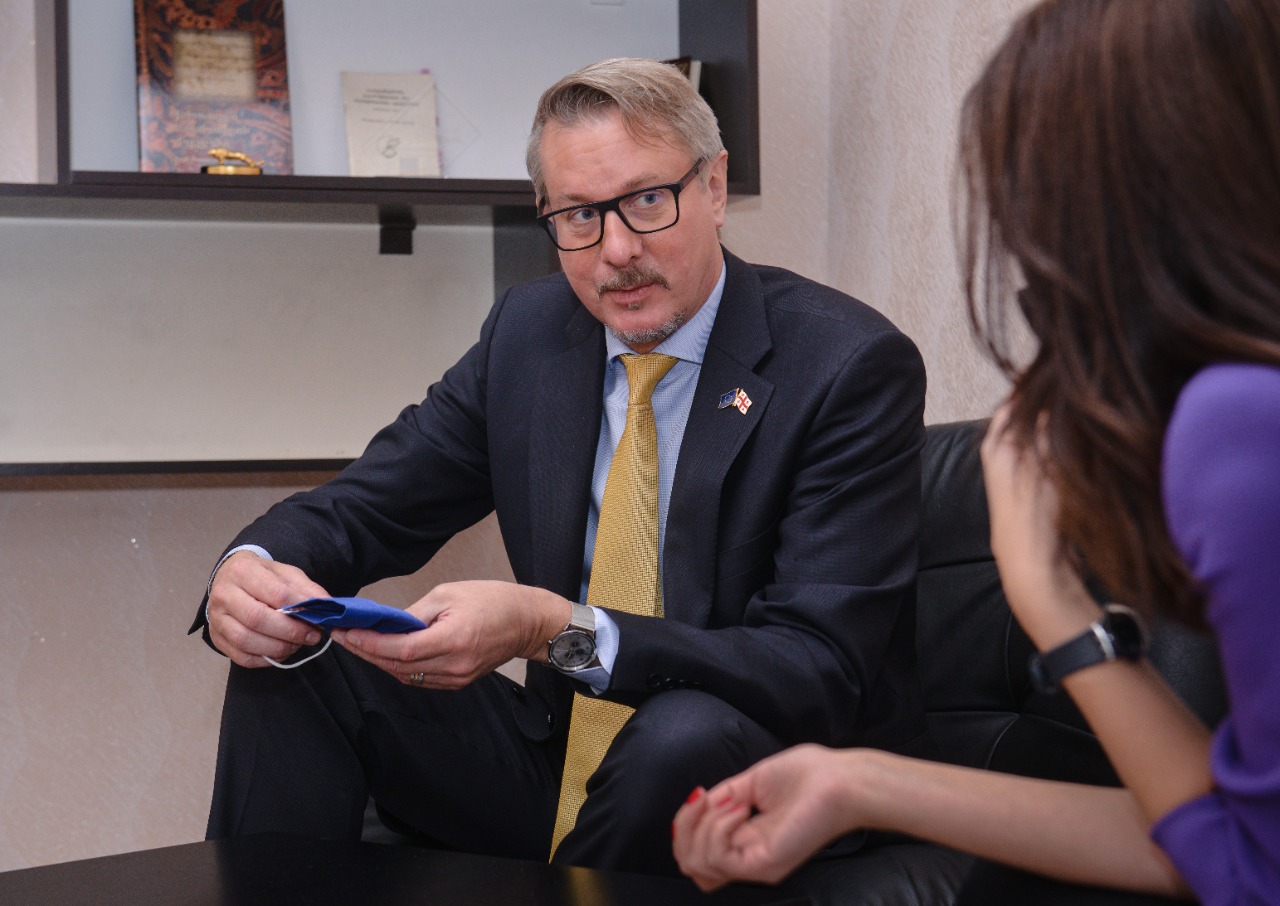What is Georgia's ex-president tried for?
Why is Saakashvili imprisoned
Detained former president of Georgia (2004-2013) Mikhail Saakashvili is currently held in a prison hospital in Georgia while serving a sentence in one of the cases brought up against him. Saakashvili does not admit his guilt and has been on hunger strike for over 45 days, demanding his release. Saakashvili was detained on October 1 upon arriving illegally in Georgia after an 8-year absence.
What exactly was he accused of and for what is he serving a sentence for?
Five cases against Saakashvili
By the time Saakashvili returned to Georgia in October 2021, four criminal cases had been launched against him:
- Abuse of power in connection with the January 2006 murder of bank employee Sandro Girgvliani. Girgvliani, 28, was found dead on the outskirts of Tbilisi after an altercation he had with senior Interior Ministry officials in a restaurant. In this case, four employees of the Ministry of Internal Affairs were convicted, but after 2 years they were pardoned by the president. The investigation believes that the pardoning of the convicted by Saakashvili was part of a preliminary conspiracy with the criminals.
- Is Saakashvili a political prisoner? Lawyers and human rights defenders’ explain.
- Saakashvili’s hunger strike almost hit a month – what do we know about his health and what future awaits him?
- MEP Von Cramon: Georgia’s ruling party has never been further away from EU membership
2. Violent dispersal of the rally on November 7, 2007 and the raid of the Imedi TV company.
3.Abusing the authority in connection with the beating of opposition MP Valery Gelashvili. The attackers were wearing masks, and an investigation under Saakashvili’s rule found no culprit.
4.Waste of budgetary funds, the so-called “case of jackets”. The first details of this case, which became public, concerned the purchase of six jackets for the president at the expense of the state, as well as a lunch at a sushi bar.
Later, state-funded recreation in luxury hotels, visits to cosmetic clinics, massage and clothing purchases were added to the business.
In general, the embezzlement amounted to 8.8 million lari [about $ 3.3 million]. In connection with this case, the property of the Saakashvili family in Georgia was arrested – his dacha in Kakheti, the apartment owned by Saakashvili’s wife Sandra Roelofs, as well as the 12-year-old Honda car of his grandmother.
After Saakashvili returned to Georgia, another case was initiated against him:
5.The case of illegal border crossing.

A Georgian court sentenced the former president in two cases in absentia – the case of pardoning the murderers of Girgvliani and the case of beating of the deputy Gelashvili.
Saakashvili was sentenced to 6 years in prison in the case of beating a deputy and to 3 years in the case of pardoning the murders of Sandro Girgvliani. According to the laws of Georgia, the terms for various crimes to one convict are not summed up, Saakashvili is now, according to the law, serving the maximum – 6 years, imposed on him in the case of beating Gelashvili.
Are the accusations fair?
In their comments to journalists, Saakashvili’s lawyers who take part in the trials say that there is no direct evidence of his guilt.
In particular, in the case of the beating of a deputy, there is no evidence that Saakashvili personally ordered the beating – the accusations are based on indirect testimony of former officials – and subsequently of Saakashvili’s political opponents, who were not direct witnesses to the crime.
As for the pardon case, according to his and independent lawyers, the accusation of abuse of authority for the act of pardon itself, which is an unconditional right of the president, is unacceptable from a legal point of view.
Both cases, in which the former president was convicted, were appealed by lawyers to the European Court of Human Rights.
Members of Saakashvili’s party and his supporters claim that Saakashvili is innocent and that all the cases brought against him by the new Georgian authorities are politically motivated.



















